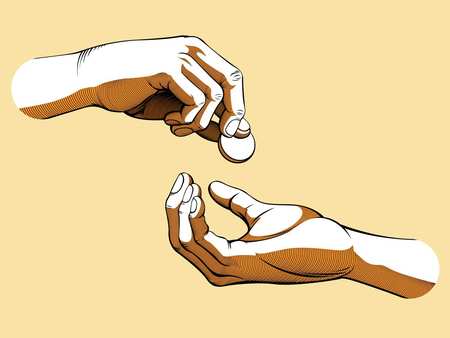
It’s not unusual for a family member to provide financial assistance to another family member by giving the recipient money to meet a need -- i.e. to help purchase a home, pay for medical expenses, etc.
What If You Classify It as a Loan?
The parties might want the transaction be structured as a loan. However, the IRS is known to police such transactions in order to verify that there is no “sham” transaction happening.
One of the terms that the IRS will be looking for is the existence of an interest rate. The IRS will expect to see the presence of an applicable interest rate as well as a pattern of interest that is actually being paid by the creditor. Put another way, the IRS will be looking for substance, not just form, to verify the true existence of a loan.
In the loan scenario, the recipient, or debtor, gets to claim a deduction for the interest expense he or she paid. The lender, on the other hand, will have to recognize the interest income received from the lender.
What If the IRS Decides It’s Not a Loan?
It is quite possible, however, that upon examination the IRS might discover that the parties did not provide for an interest factor when making the loan. In this case, the IRS will nullify the transaction’s characterization as a loan, and then “reclassify” and treat the transaction as a gift. The tax payers are “forced” to abide by this re-characterization and its consequential tax impact.
What Happens When It’s a Gift, Not a Loan?
In the gift scenario, one party transfers property to another party without payment of full consideration in return. There are no tax consequences to the done; the donee pays no taxes and has no reporting responsibilities.
If the gift is more than $14,000.00, a gift tax return would have to be filed by the giver, and if the gift exceeded the lifetime exclusion of $5.43 million (on gifts made in 2015), then gift tax would have to be paid by the giver. By exceeding the gift tax limit, the giver could end up owing the IRS up to approximately 40% in tax!
Thus, a loan that “backfires” into a gift could end up being a costly gift!
